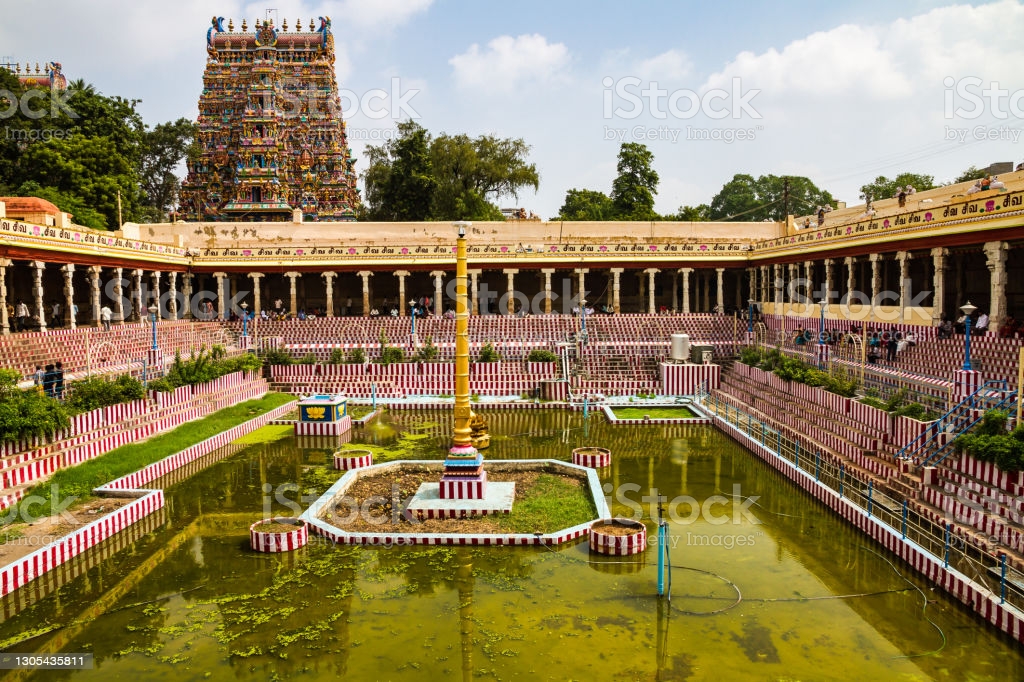PRACTICAL STEPS TO INNER PEACE - 1.4. Sri Swami Chidananda.
---------------------------------------------------------------------------------
-------------------------------------------------------------------------------
Monday, September 20, 3, 2021. 6:00.AM.
1. PEACE IS EVER-PRESENT -4.
---------------------------------------------------------------------------------
Thus, our great country long ago discovered that peace and bliss abide in that supreme reality, not in lesser things. Tyagaraja, the great saint and founder of Karnataka music and who has given innumerablecompositions in Sanskrit, Telugu and Kanarese, sings, “There is no happiness without peace”. And in Geeta Jnana Upadesha, Bhagawan Sri Krishna very pertinently draws our attention to this particular truth, through a query, “Oh Arjuna, ashantasya kutah ukham?” (How can there be happiness for one who has no peace?)
Peace is absolutely necessary. If you are a slave to your senses, you cannot obtain peace. If you are self-controlled, you can obtain peace. If you fill your mind with innumerable desires and cravings, always wanting this and that, then you will always be agitated. The greater the multiplication of desires, the greater is the agitation of the mind. And therefore, one who has conquered desire, he has got the key to peace. Peace is the very centre of our culture. We all are peace oriented people. There is no Upanishad chanting, no Vedic chants or ceremony and no meditation upon the transcendental reality without Shanti Path. There is no Karma Kanda Kriya, no Jnana Kanda, Dhyaana, Upasana or Swadhyaya without chanting the Shanti Path: desiring for peace here, peace within the teacher, peace within the pupil, peace for his studies, peace for all life. They did affirm Peace for everyone, for the earth, for the five elements, for the celestial spheres, for the supreme abode of Brahman also.
So we have this great tradition of commencing all activities by affirming Peace, Peace and Peace and concluding once again by affirming Shanti, Shanti Shantih. It gives an idea what supreme value they attached to Peace. Peace established in the heart and mind of the human individual makes possible harmonious relationships. In our approach to life, we give it a priority and we insist upon it, we constantly hold it in our mind and give it the highest value. This is what Bharatiya Sanskriti is, a culture filled with peace, with a great heritage founded on peace. And in our immediate past, the one who lived by Peace, swore by peace, is our Rashtrapita Bapuji Pujya Mahatma Gandhiji. He is the giver of the Swatantra Bharata (Independent India) to us. He has become known as an apostle of peace throughout the world. He was a pacifist par excellence, and he brought this philosophy of peace even into politics. He had the courage of his conviction to say, “This doctrine of peace can also prevail effectively in the international field of relationship between all nations.” He said that it is not something confined only to individuals, amongst the members of the family, amongst the members of the locality or different sectors of human society of a country, but even upon the international field peace can be practised, peace ought to be practised. If human beings are to live and grow as human beings and not to be human only in form and animal in their activities, peace is essential. If you leave the ideal of peace, the whole world will be converted into a jungle of ferocious, fierce beasts of prey. That is actually what is happening. Ignoring this philosophy or not giving it the erious consideration that it fully merits in terms of human welfare and safety, has brought us to this point where we have everything, but we do not have peace, we have everything but we have no happiness.






Comments
Post a Comment